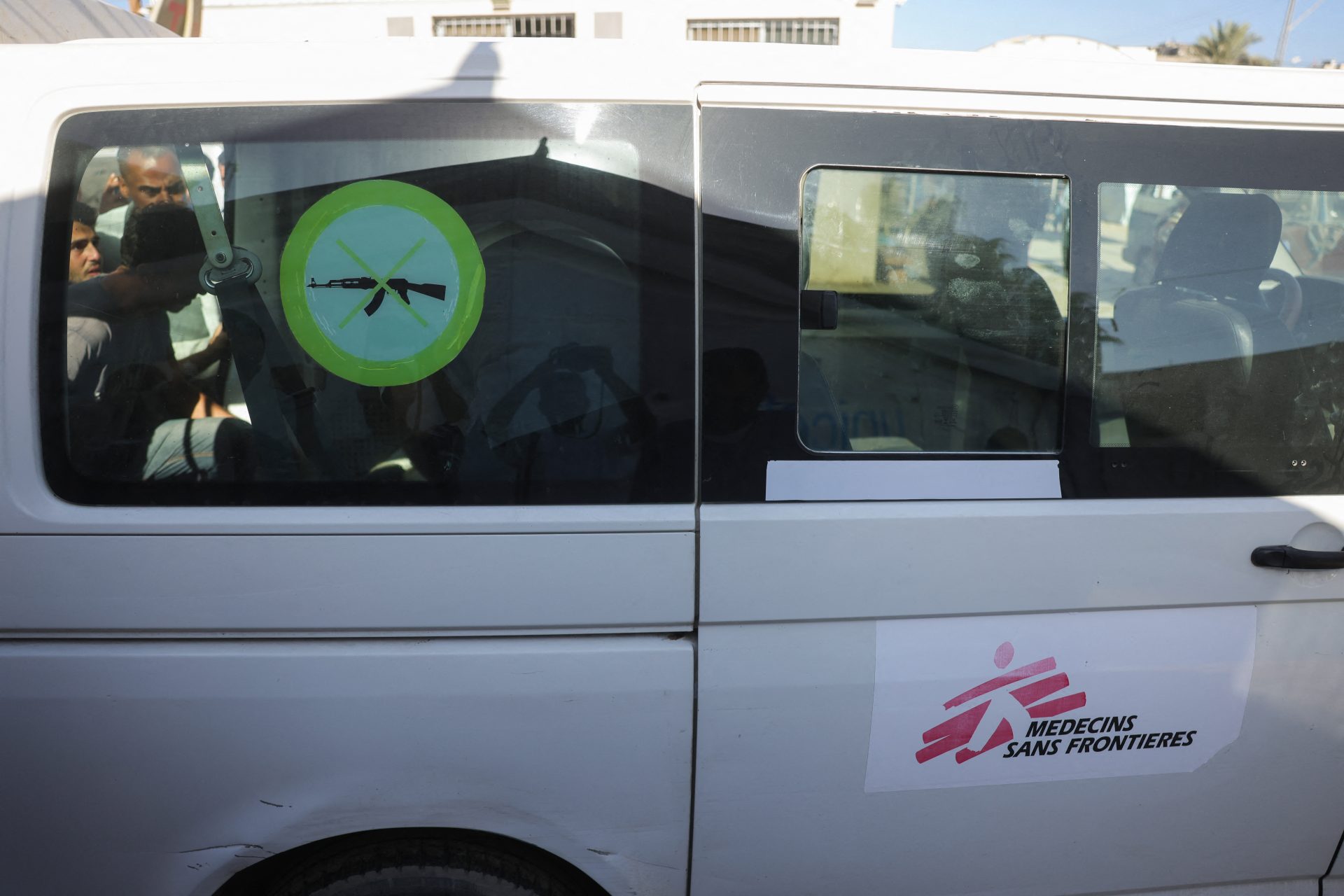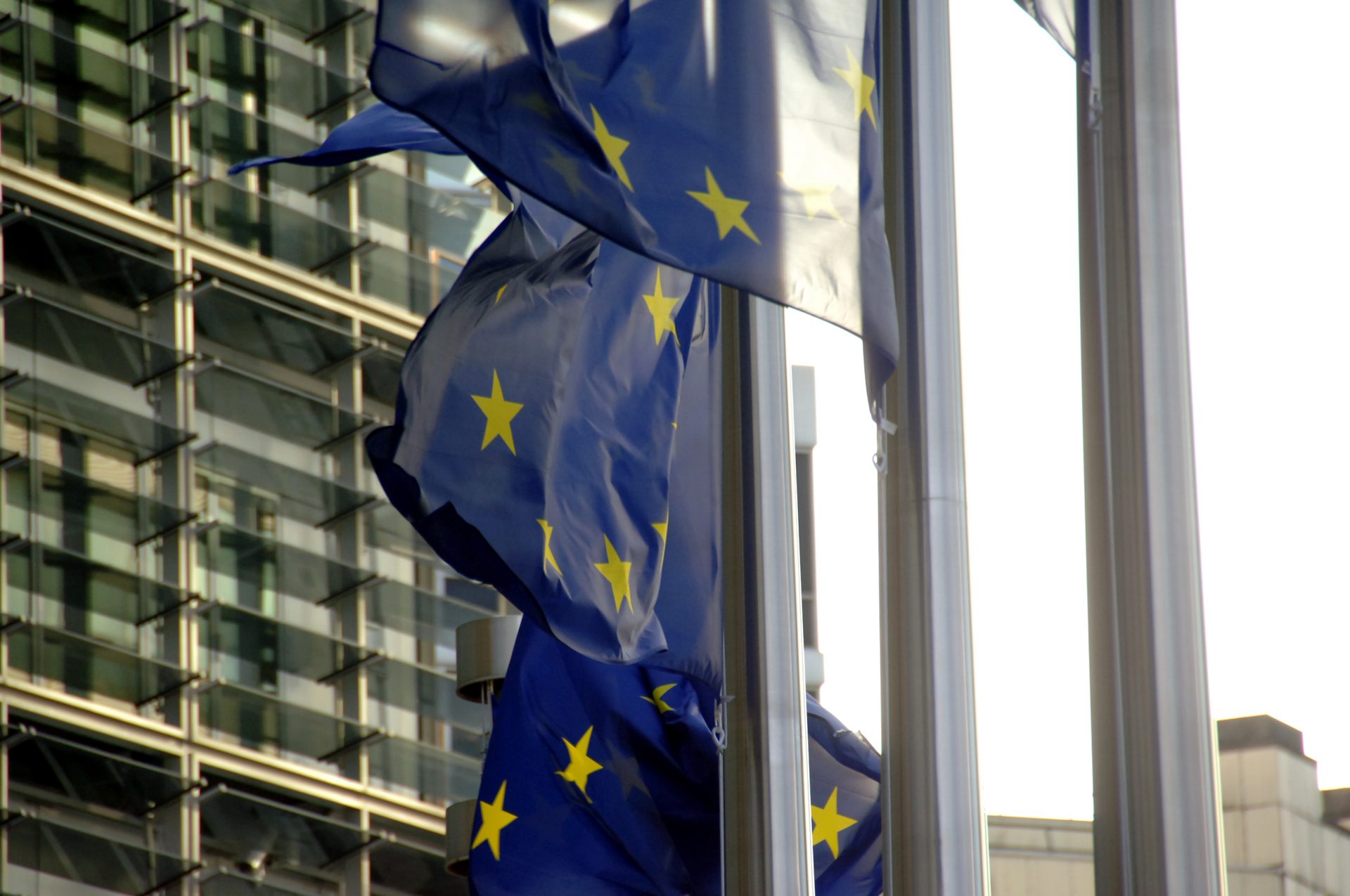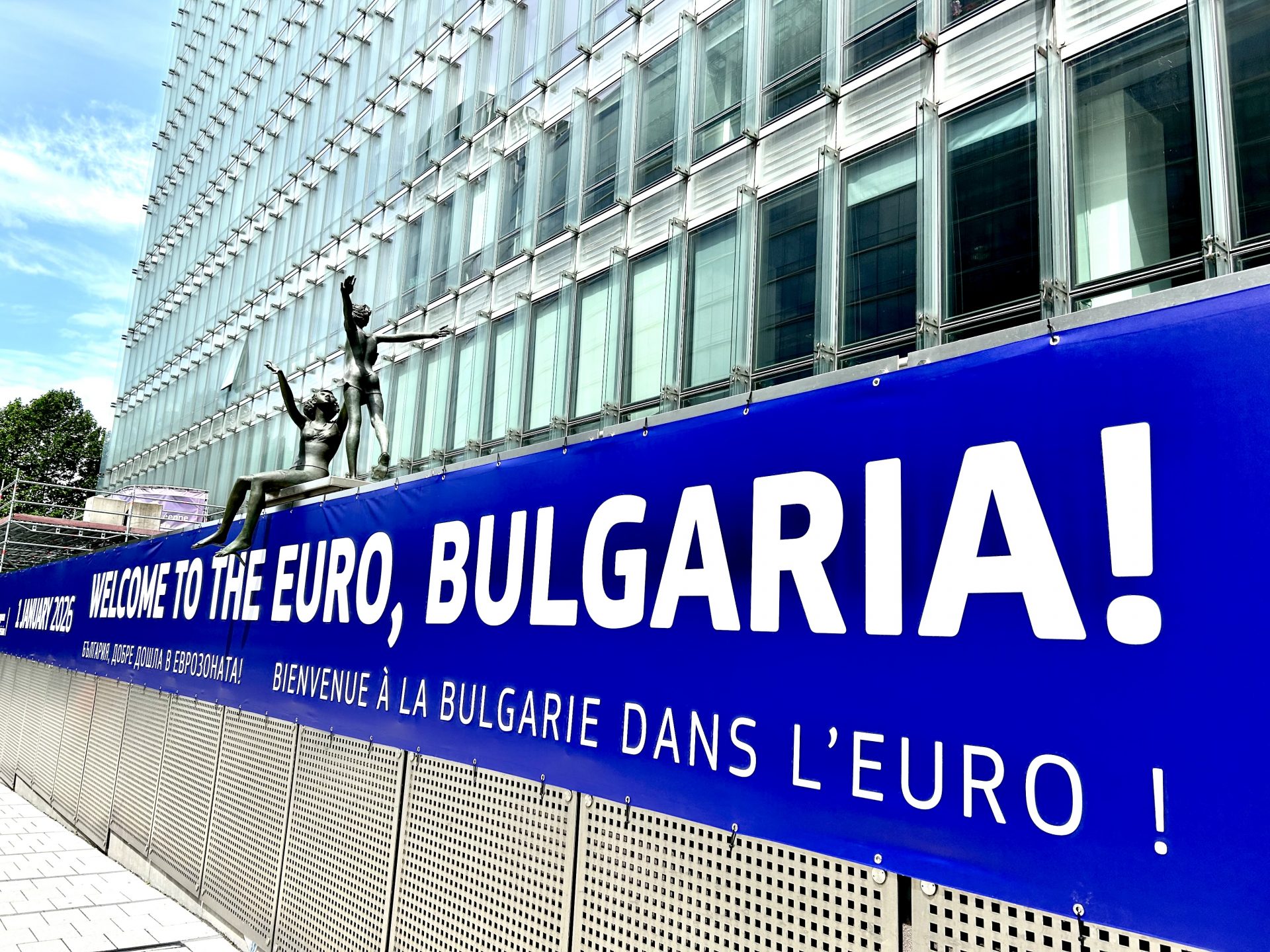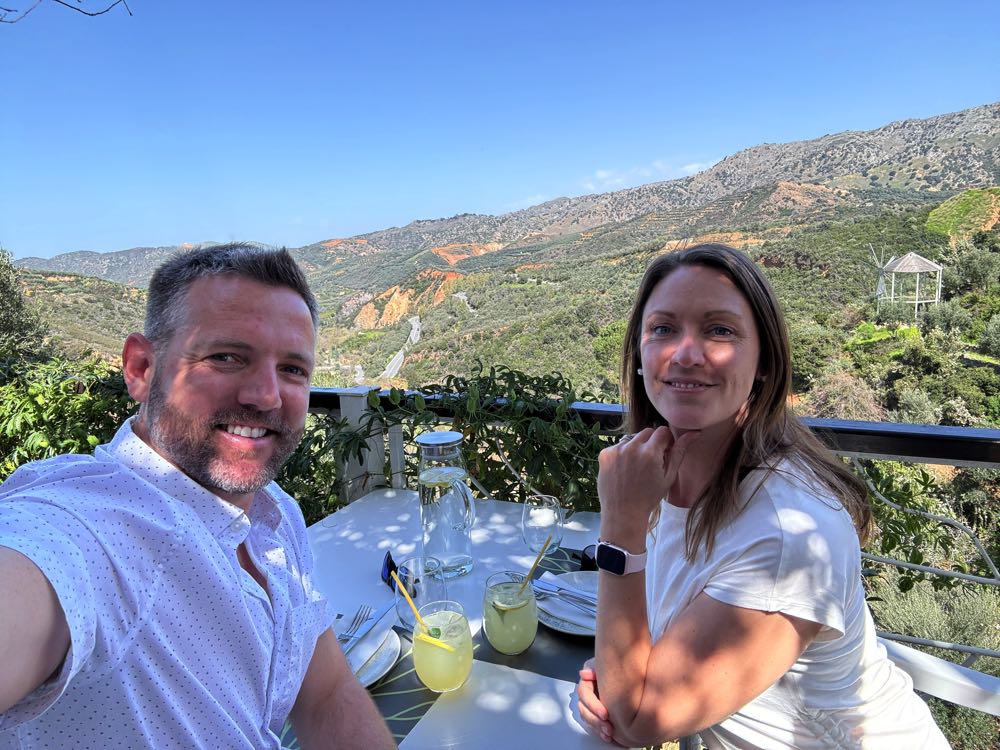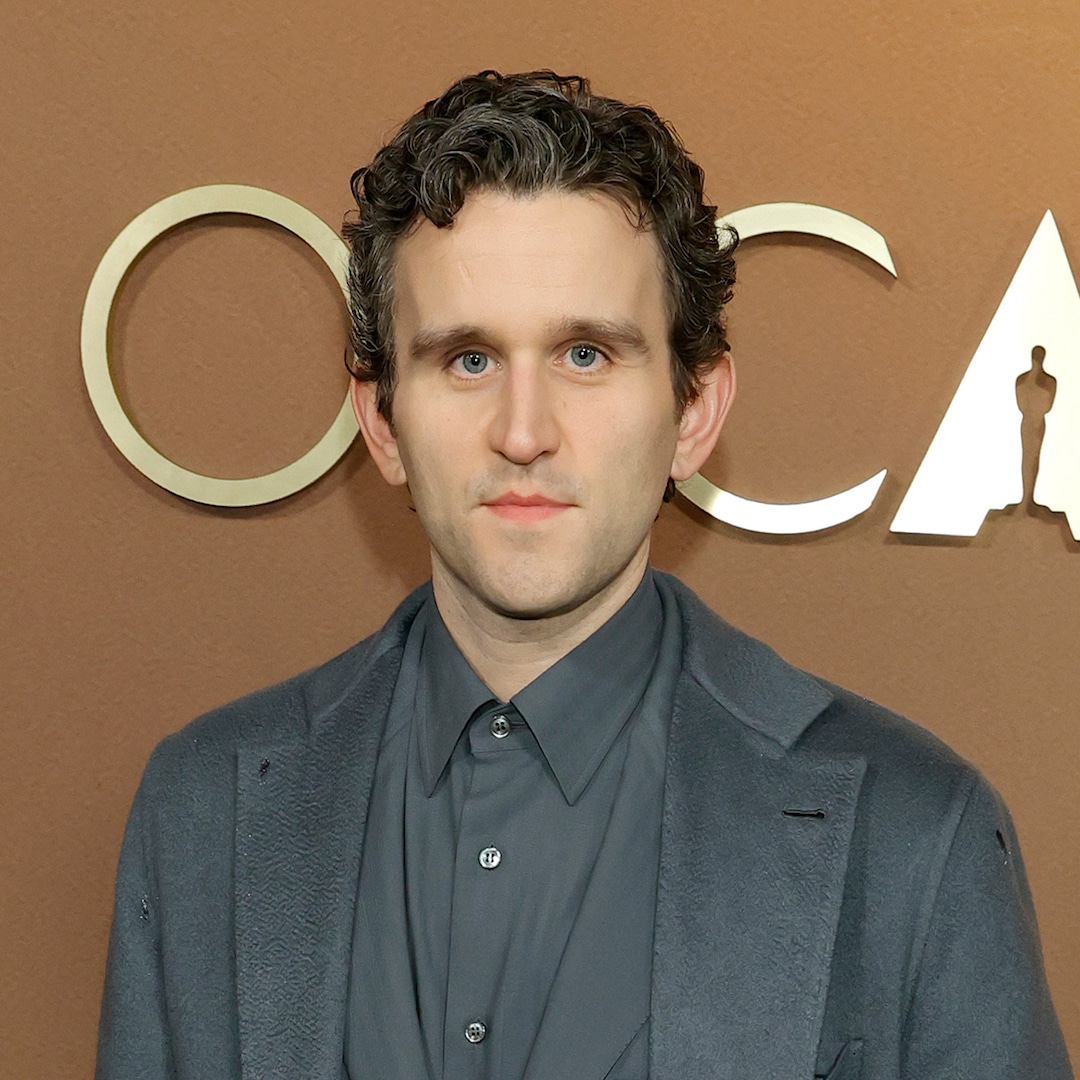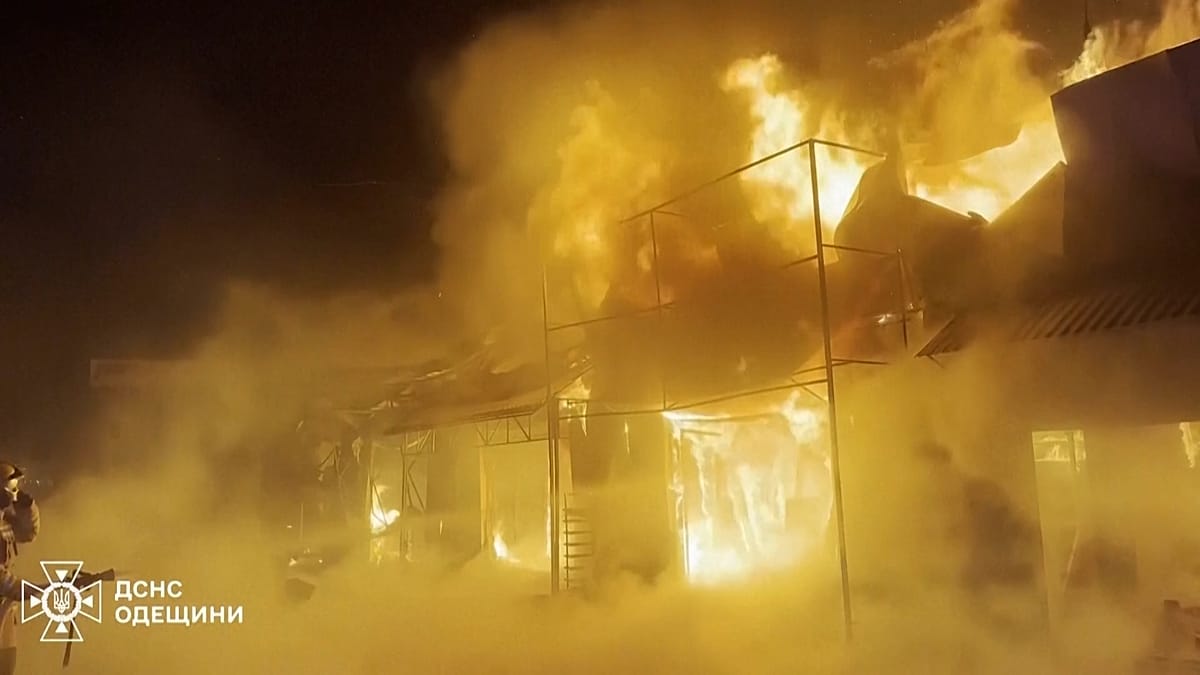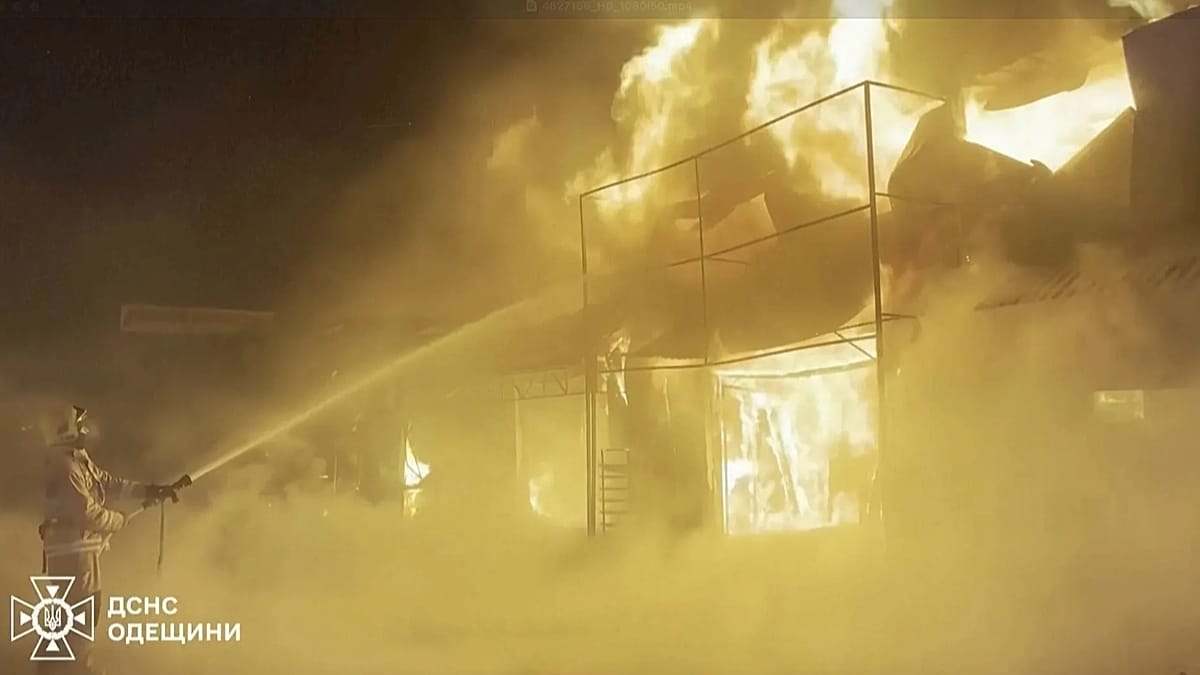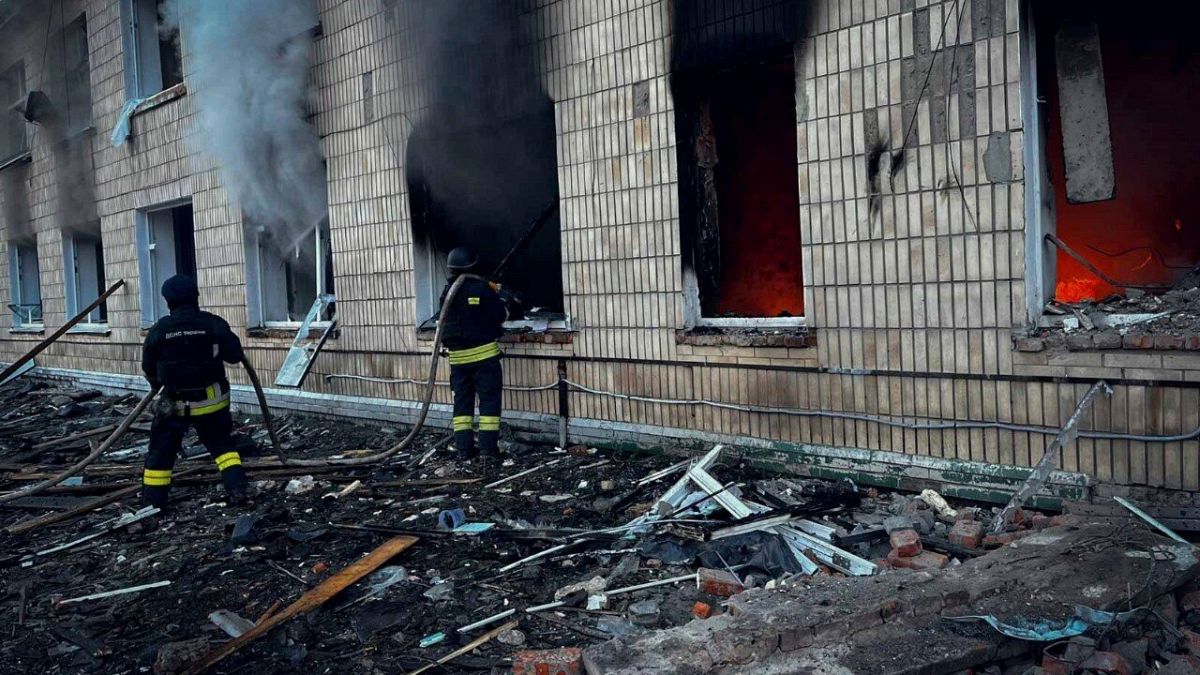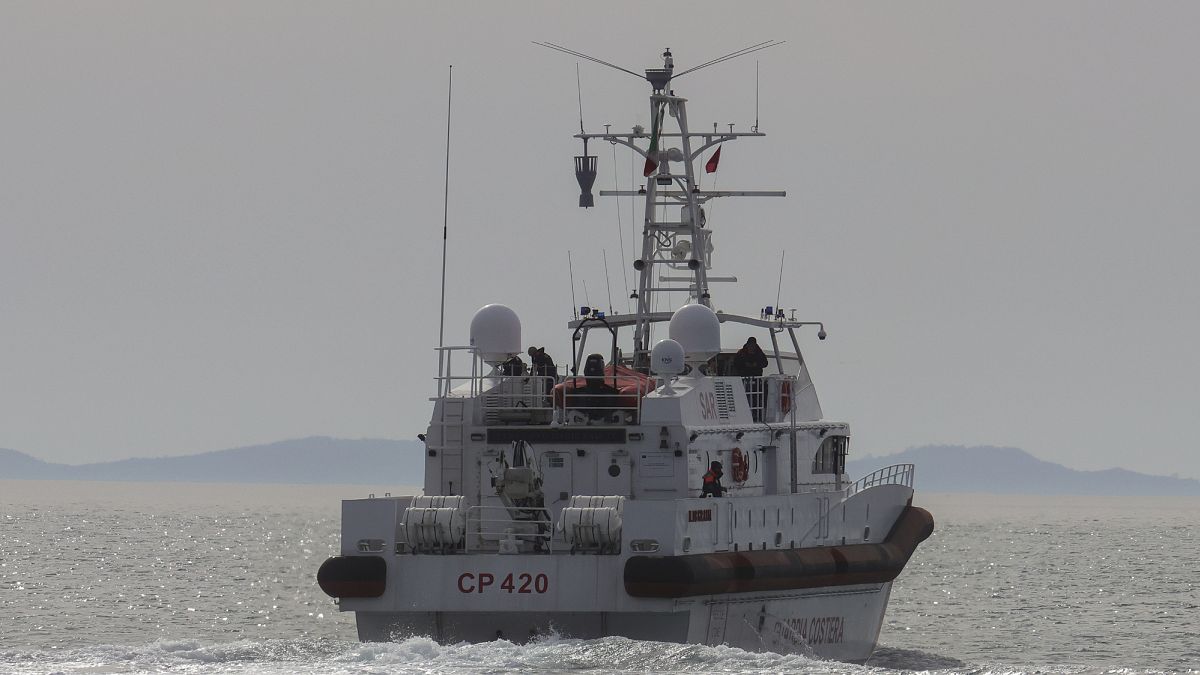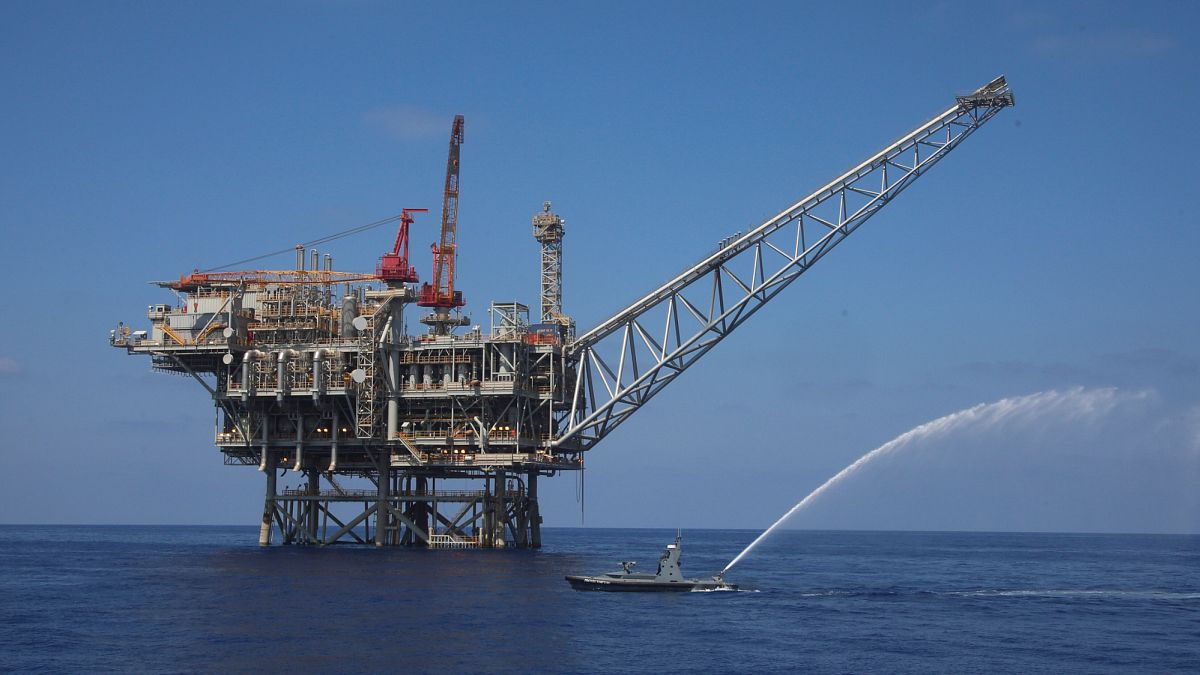T. Taraba: Changes in the EU climate law should be approved by prime ministers, not ministers

Brussels – Changes to the EU climate law proposed for 2040 should be addressed by heads of government and states, not ministers. On Thursday in Brussels, this was stated by the Minister of the Environment of the Slovak Republic, Tomáš Taraba (nominated by SNS), during a meeting of the EU Council for the Environment for the TASR reporter.
The Council of Ministers had discussions on the proposal to amend the European climate law, which sets a binding target of a 90 percent reduction in emissions by 2040 compared to 1990 levels. The targets for 2030 for emission reductions are set at 50 percent, which Slovakia, unlike the EU average, is meeting, the environment minister indicated.
Tomáš Taraba emphasized that such a serious decision, as changing emission targets ten years earlier than the agreed limit of zero emissions by 2050, should be made at the level of the European Council, where prime ministers and presidents would have to express their opinions unanimously. “We are glad that a vote did not take place today. Slovakia joined the countries that clearly defined that this should not be voted on by a qualified majority at the level of the Council of Ministers,” he described the situation.
The European Commission must reassess the ETS 2 system
He also expressed satisfaction that the initiative, which Slovakia, the Czech Republic, and other countries submitted a few months ago, passed, calling for the Eurocommission to clearly express its position on the system of emission allowances for households and transport within the emissions trading system (ETS 2). According to him, this system will make commuting more expensive for people, and he welcomed that the commissioners must reassess this system by the end of the year. “The European Commission openly stated that they will reassess it, that they take our concerns seriously, as 19 countries, including France, have already signed on to this,” he explained.
He considers it crucial that discussions have begun not only about technological neutrality but also about clearly defining that low-emission energy sources, which include nuclear power plants, will be treated equally. So that electricity generated from nuclear power is not disadvantaged.
“Slovakia is going this way, so the conclusions of today’s Council are good for us,” said Taraba, according to whom there are two camps of countries in the EU, one group advocates for more ambitious climate goals, while the other demands to stick to what has been established so far and not to tighten the goals, which could ultimately lead to some compromise between both groups.
The minister pointed out that, for example, Poland could achieve an 83 percent reduction in emissions by 2040, but at the cost of enormous expenses, which also means closing some factories. Slovakia is among the countries calling for an analysis of the impacts of such high targets on individual countries and sectors.
“It is a complex package. We are most interested in having a defined full equivalence of nuclear energy so that each state can determine its national energy mix. We do not need electricity generated by wind farms; thanks to nuclear power, we are among the cleanest countries in terms of electricity production,” he stated. (September 18)
“We are most interested in having a defined full equivalence of nuclear energy so that each state can determine its national energy mix.” Tomáš Taraba
